Study "On the discrimination situation in Latvia"
Project Customer: The Ombudsman
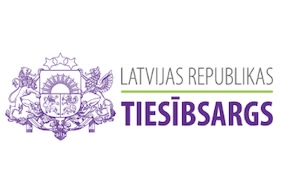 Project implemented: 2024 - 2025
Project implemented: 2024 - 2025
"Performing a regional analysis on the development possibilities of the startup/"unicorn" ecosystem in the Zemgale region, Latvia"
Project Customer: Zemgale Planning Region
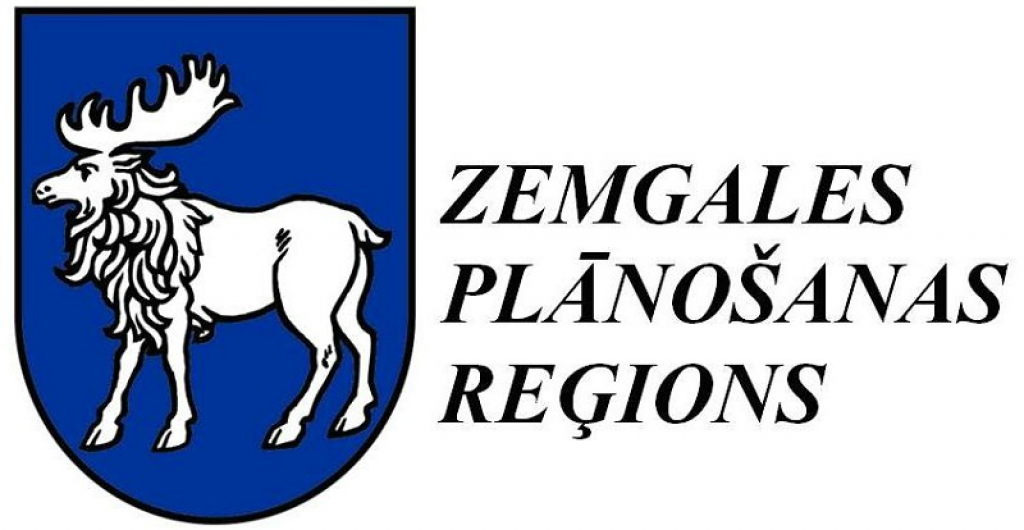
The analysis was carried out under Interreg Europe program 2021-2027 project no. 01C0028 "Designing, sharing and replicating policy tools for Unicorn forests", within the framework of UnicornQuest (hereinafter - the Project).
The purpose of the regional analysis was, first of all, to identify and analyze the factors that contribute to the development of the ecosystem of unicorns (companies whose value exceeds 1 billion USD) in the Zemgale region, Latvia.
Secondly, the goal was to recognize weaknesses and obstacles that hinder the development of a favorable ecosystem for Unicorns in the Zemgale region; identify where public strategies and/or policies are lacking, as well as improvements and possible solutions; identify the need for existing policy instruments and systemic support in the Zemgale region.
Study "Access of persons with disabilities to mass media information (printed news (Internet/print press), radio, TV)"
Project Customer: The Ombudsman
 Project implemented: 2024
Project implemented: 2024
Final evaluation of the 5th priority axis "Environmental protection and effective use of the resources" of the operational program "Growth and Employment" for the EU funds planning period 2014-2020
Project Customer: Ministry of Finance
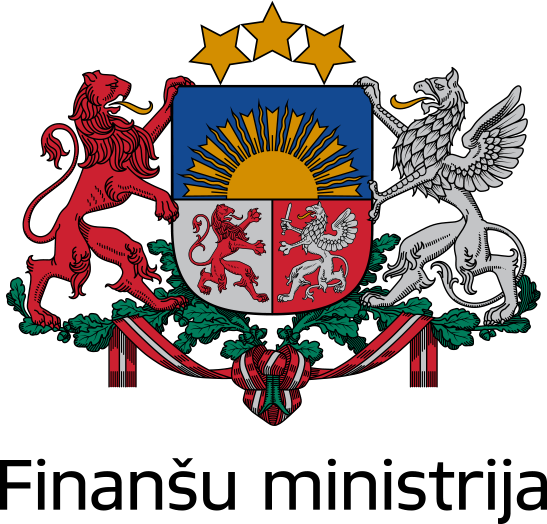
Project implemented: 2023 - 2024
Within the evaluation, document and scientific literature analysis, interviews or surveys, case studies, cost-benefit analysis methods, as well as statistical data analysis were used. An evaluation report was prepared, including operational recommendations for specific areas, as well as strategic recommendations for enhancing EU fund investments in environmental protection and resource utilization policies. The evaluation report also included an analysis of the impact of the COVID-19 pandemic and war on the achievement of the objectives.
Development of Valmiera municipality education development strategy for 2023-2029
Project Customer: Valmiera regional council
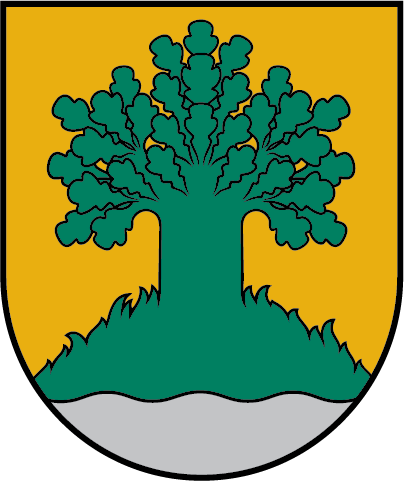
Project implemented: 2023 - 2024
Development of Methodology for Social Work with group
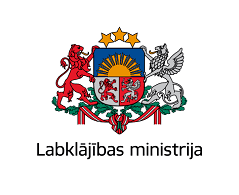
Project implemented: 2023
The service was funded by the European Social Fund project No. 9.2.1.1./15/I/001, titled “The Development of Professional Social Work in Local Governments.”
The methodology was developed to provide methodological support to social services and other social workers and to promote their professionalism when working with clients in a group. In order to achieve the goals, the project carried out a feasibility study, clarified the then-current situation in the field of social work with groups in Latvia, researched foreign practices, conducted research, and used the experience of experts. The methodology was intended to be appropriate to Latvia's unique situation and easy to implement in practice.
Evaluation of the impact of investments of EU funds for the 2014-2020 planning period on the development of a sustainable transport system
Project Customer: Ministry of Finance
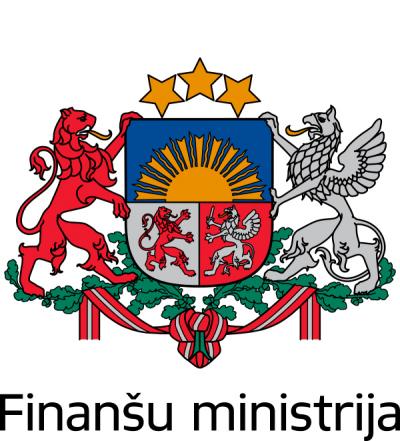
Project implemented: 2023
The purpose of the service was to analyze the investment effectiveness of the 6th priority direction "Sustainable transport system" (hereinafter - the 6th PV) of the operational program "Growth and employment" (hereinafter - DP) of the European Union (hereinafter - EU) funds of the 2014-2020 planning period, effectiveness, impact and sustainability. The evaluation was carried out taking into account the 6th PV goals set by the DP - to ensure sustainable transport infrastructure and good quality transport and logistics services, which provide jobs and contribute to the increase in the volume of service exports.
The evaluation results were used as an evidence base to improve the future policy for developing a sustainable transport system in Latvia. It was planned that the evaluation results and conclusions will be used by institutions involved in the management and implementation of EU funds, municipalities and other investment planners and decision-makers in the areas of transport system development in order to improve national planning documents, develop prerequisites for planning and implementing investment projects, as well as to improve the implementation of investment projects, ensuring the most efficient and rational use of investments.
Research for the improvement of building construction regulation to promote the climate resilience of the construction industry and the move towards climate neutrality
Project Customer: Ministry of Climate and Energy
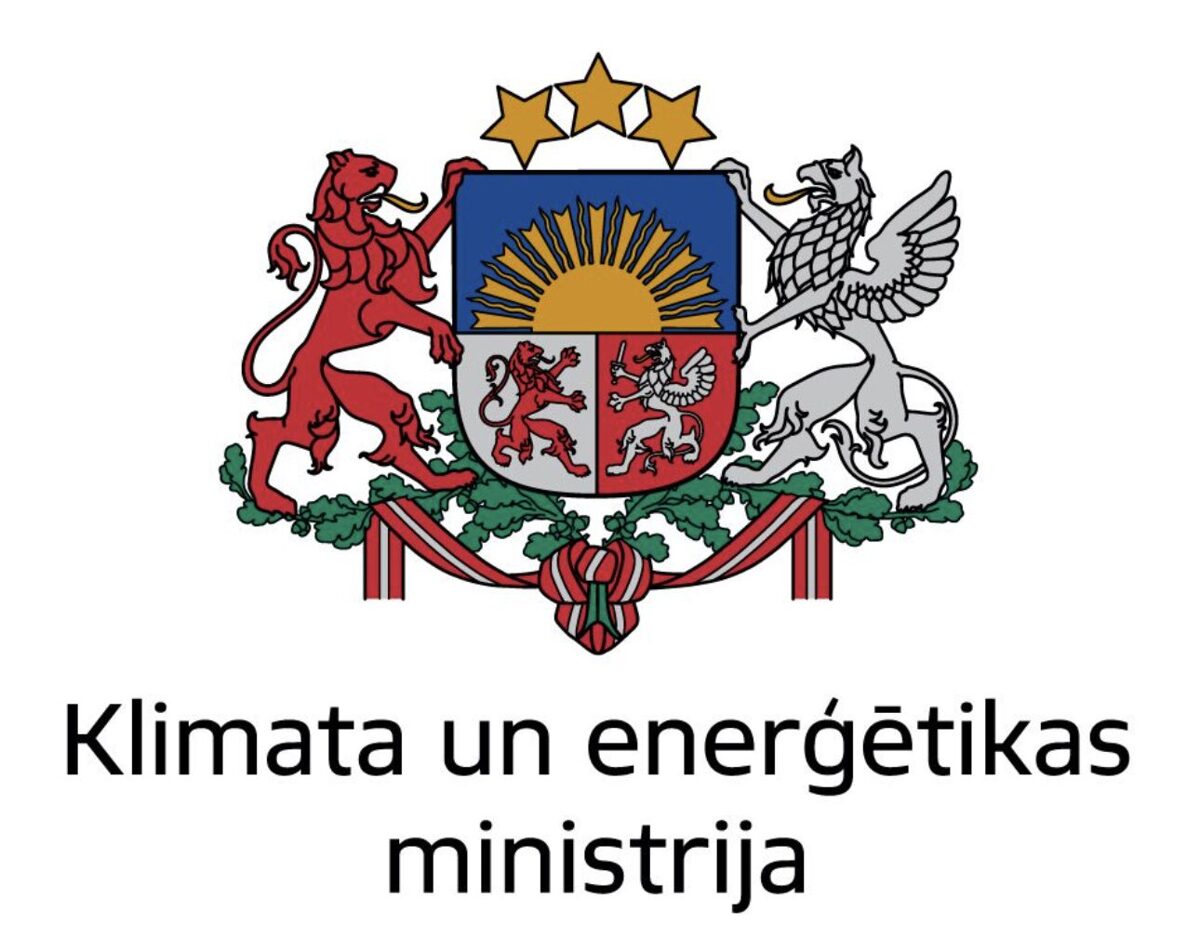
Project implemented: 2023
Development of methodology and educational programs
Project Customer: State Agency of Social Integration
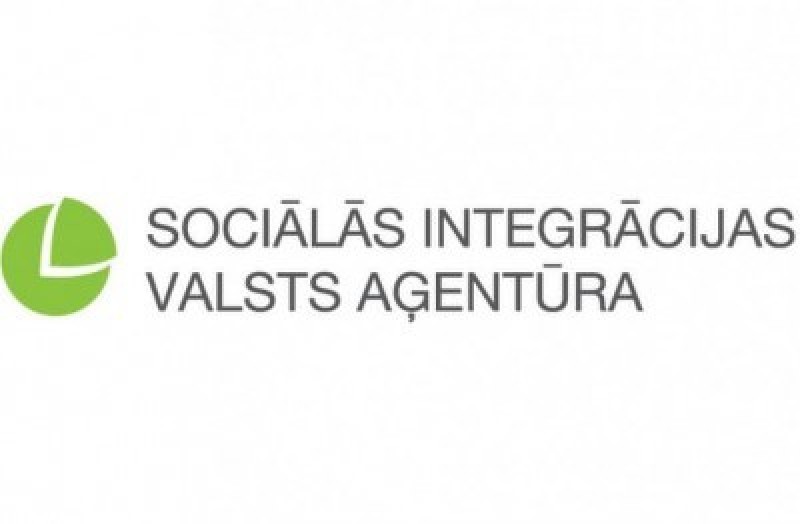 Project implemented: 2023
Project implemented: 2023
Research of smokers' behavior and their habits of using tobacco products and littering in public places in Latvia
Project Customer: "Zaļā josta” Ltd.
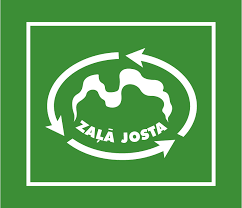

Project implemented: 2023
The aim of the study was to find out what are the behavioral habits of smokers, especially when smoking in public places, what tools would appeal to smokers and make them change their habits in order to reduce the littering of cigarette butts in different public places of their use, which are the cases where cigarette butts end up in nature and not in a waste container , and what is behind it.
In the course of the research, an Internet survey of the target group (Latvian residents – smokers aged 18 and over) was conducted, in-depth focus group discussions with smokers were organized, as well as expert discussions. In conclusion, a research report was prepared and proposals were prepared to reduce the littering of cigarette butts in various public places of their use, which are affected by the scope of Directive 2019/904.
The study was conducted within the framework of the LIFE Waste To Resources IP project co-financed by the LIFE program of the European Union "Waste as resources in Latvia - Promotion of regional sustainability and circulation by introducing the concept of using waste as resources".
Development of Olaine municipality education development strategy for 2022-2028
Project Customer: Olaine Regional Council
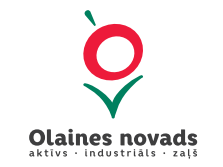
Project implemented: 2022 - 2023
Development of Planning Documents of Jelgava State City and Region
Project Customer: Jelgava Regional Council

Project implemented: 2021 - 2022
Research of the necessary support services for families with children where one or both parents have a disability
 Project implemented: 2022
Project implemented: 2022
The target group of the study was persons with disabilities between the ages of 20 and 65 who have children and who receive one of the benefits related to childcare. The research data were obtained through statistical and document analysis, a target group survey, in-depth interviews with the target group and an expert focus group discussion.
Qualitative study on the implementation of the Riga development program for 2022 - 2027
Project Customer:
Riga planning region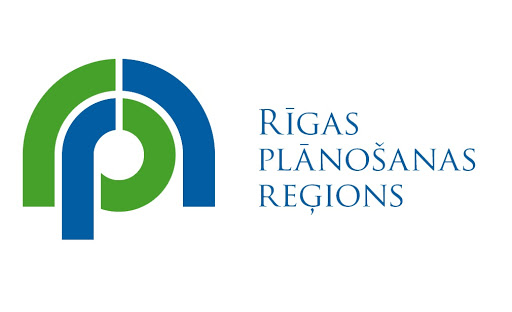 Project implemented: 2022
Project implemented: 2022
The purpose of the study was to find out the opinion of specialists about the implementation of the priorities set in the Riga Development Program for 2022-2027 - stimulating and hindering factors and to develop proposals for actions and/or project ideas in workshops that would promote the achievement of priority tasks.
The priorities of the Program included in the study were "Urban environment promoting the quality of life", "Good environmental quality and sustainable urban ecosystem for mitigating climate change" and "Quality and accessible education".
Research on the labor market situation in the Kurzeme region for the planning of university programs
Project Customer: Liepāja City Education Board

Project implemented: 2022
The purpose of the service was to obtain the current characteristics of various economic sectors of the Kurzeme region, including to find out the opinion of the entrepreneurs of the Kurzeme region about the existing and necessary offer of higher education programs in the region, as well as to obtain information about the development of cooperation between entrepreneurs and universities in the education of employees.
As part of the service, Lursoft data on companies in the Kurzeme region were obtained and analyzed in various sections, including providing a reflection of the situation for the following territorial units - North Kurzeme (Ventspils state city, Ventspils district and Talsu district), South Kurzeme (Liepāja state city, South Kurzeme district, Saldus district) and Central Kurzemi (Tukuma district, Kuldīga district). And an electronic questionnaire was prepared, which was sent to the entrepreneurs of the Kurzeme region, the obtained results were reflected in the research report. Also, as part of the service, information on the offer of professional secondary education and higher education programs in the region was collected, as well as insights and recommendations were given in the development of university programs, taking into account the labor market situation and the offer of universities in the region.
Development of e-learning course content for municipalities and planning regions on climate change mitigation and adaptation
Project Customer: Ministry of Environmental Protection and Regional Development
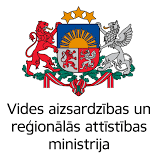
Project implemented: 2021 - 2022
The purpose of the service was to develop the content of an e-learning course for municipalities and planning regions on climate change mitigation and adaptation. The target audience of the e-learning course was the employees of municipalities and planning regions, who are involved in the development, implementation and monitoring of development planning documents.
As part of the service, preliminary research was carried out - research and analysis of literature and information sources corresponding to the topic of the e-learning course, as well as a sociological survey in order to find out the issues of interest to municipalities and planning regions regarding climate change. The content index of the e-learning course was developed, followed by the corresponding e-learning course material.
Development of Planning Documents of Liepāja State City and South Kurzeme Region
Project Customer: Liepāja City Council
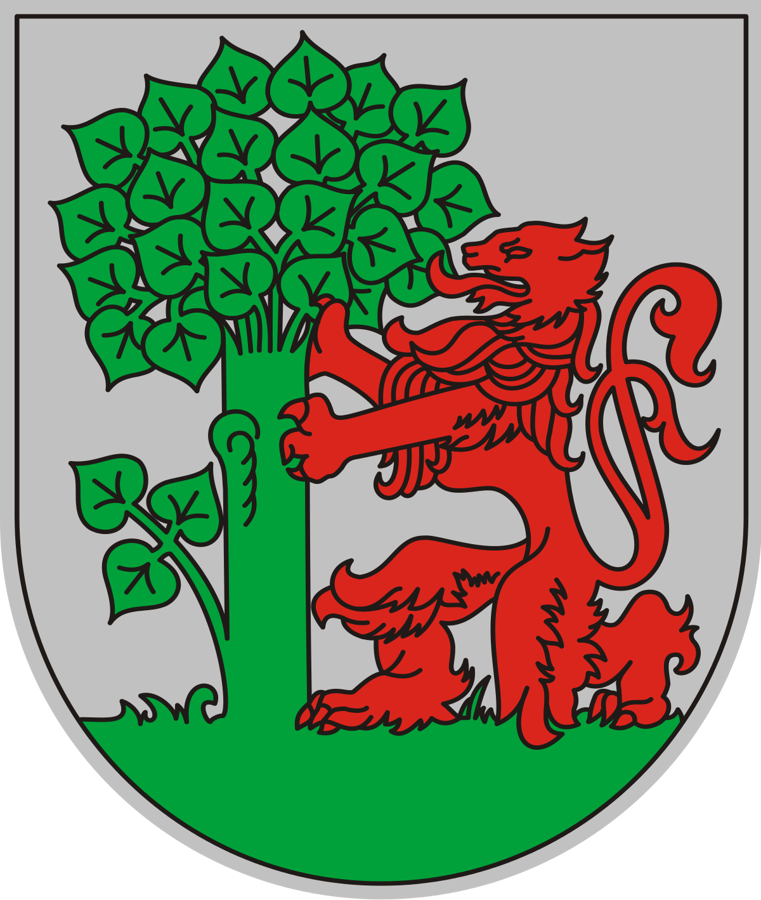
Project implemented: 2021 - 2022
Development and investment strategy of Jelgava Music Secondary School for 2021-2027
Project Customer: Jelgava Music Secondary School

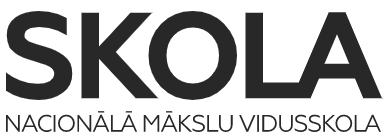 Project implemented: 2022
Project implemented: 2022
Development and Investment Strategy of the Professional Education Competence Center “National Secondary School of the Arts” for 2021-2027
Project Customer: Professional Education Competence Center “National Secondary School of the Arts”

 Project implemented: 2022
Project implemented: 2022
Research on Vidzeme Rural Partnership “Brasla” community-led local development strategy 2014 - 2020 preparation of recommendations for the development of the strategy for 2023 - 2027
Project Customer: Association Vidzeme Rural Partnership "Brasla"
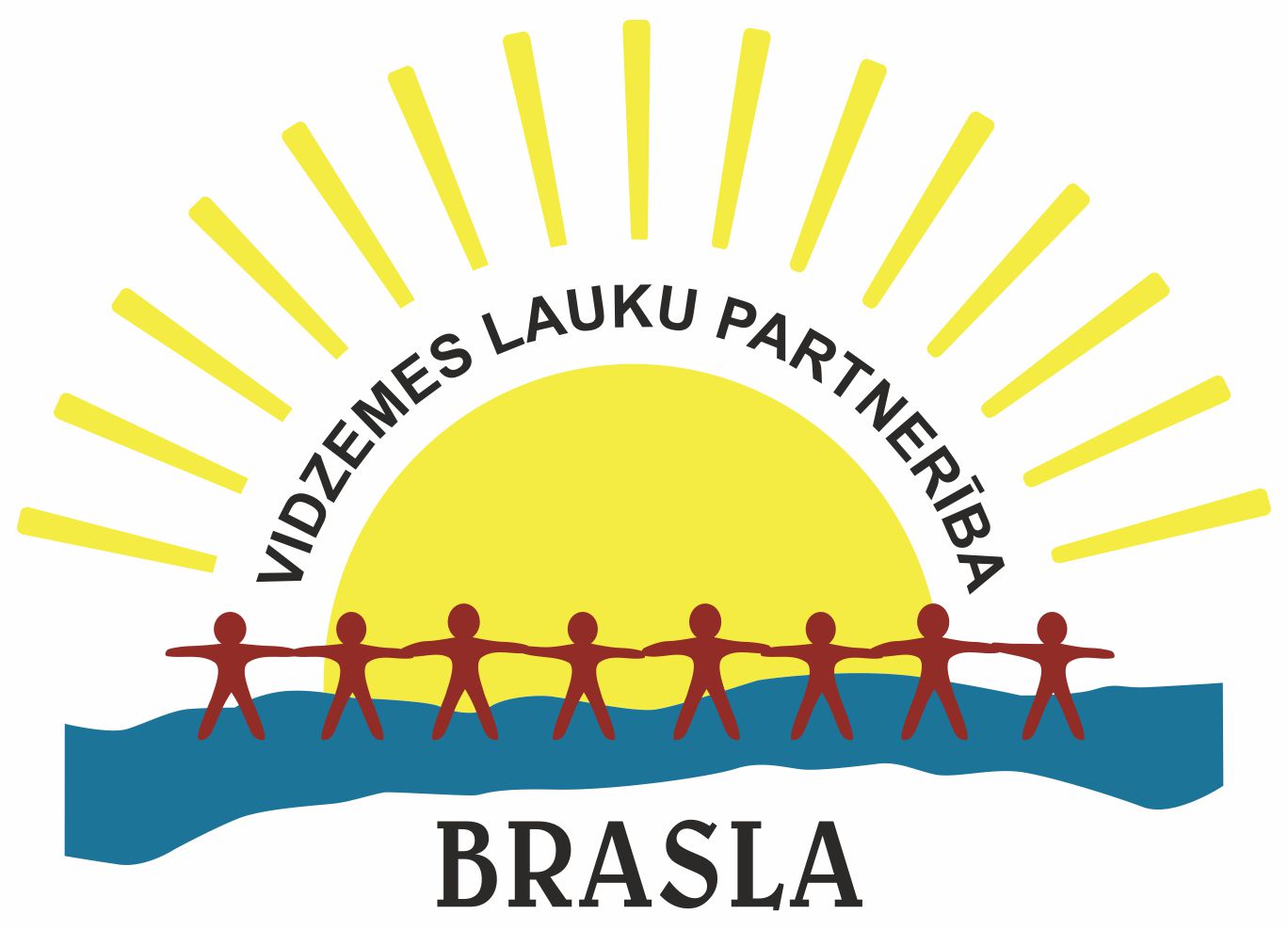
Project implemented: 2021 - 2022
The study evaluated the implementation of the Vidzeme Rural Partnership “Brasla” community-led local development strategy for 2014-2020, its impact on the development of the territory, identifying the potential, formulating preconditions for further, effective operation of the association and cooperation partners in Limbaži region - in the cities of Aloja, Limbaži and Staicele, in the parishes of Aloja, Braslava, Brīvzemnieki, Katvara, Limbaži, Umurga, Vidriži and Staicele, in the parishes of Valmiera municipality - Dikļi, Zilākalns and Vaidava, in the territory of Sigulda municipality - Lēdurga parish, and in the territory of Cēsis municipality - Straupe and Stalbe. At the end of the study, conclusions were prepared on the implementation of the current development strategy, as well as recommendations for the future activities of the association and the preparation of the next development strategy were provided.
Within the framework of the research, various research methods were used - analysis of documents and statistical data, interviews with the municipality, two surveys - one with project applicants and the other with residents of the partnership area, and discussions with entrepreneurs and municipalities.
Development of the natural and environmental emergency management plan of Jēkabpils region and development of guidelines and recommendations for the creation of cooperation models for emergency management in the Zemgale region
Project Customer: Zemgale Planning Region

Project implemented: 2021 - 2022
As a result of the performance of the service, the operation of the civil defense system of Jēkabpils region in the management of various natural disasters and accidents was improved, as well as proposals were prepared for improving the cooperation of municipalities for risk management in the Zemgale region as a whole.
In the course of the work, a study of the existing situation was carried out, both by analyzing the data collected so far, and also by discussing the issues related to each risk in workshops with the responsible, involved persons in the municipality, thus obtaining essential information - an assessment of the management of natural and environmental emergency situations in Jēkabpils region. In total, 11 much more detailed action plans were prepared according to each risk, thus improving the existing county civil protection plan. For one of the risks, lessons were also implemented, i.e. situation simulation, when an exercise scenario close to the risk situation was played out, with the aim of improving practical skills in case of non-standard situations. In addition, guidelines for the annual inspection of municipal machinery and equipment and practical recommendations for public education measures in Jēkabpils region were also prepared.
Development of Jurmala City Society Integration
plan
for 2023–2029 for the Development of a Cohesive and Inclusive Society
Project Customer: Jūrmala Regional Council
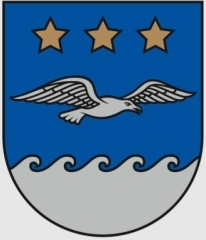
Project implemented: 2021 - 2022
In the second stage, the needs of the society and the target group were identified in a survey and focus group discussion, the development directions of the social integration development policy in Jūrmala were defined. In the third stage, an Action Plan corresponding to the development directions was developed, including the measures to be implemented, outcome indicators, implementation period, responsible persons.
Development of Kuldīga Region Sustainability Strategy for 2022 - 2046 and Kuldīga Region Development Program for 2022 - 2028
Project Customer: Kuldīga region
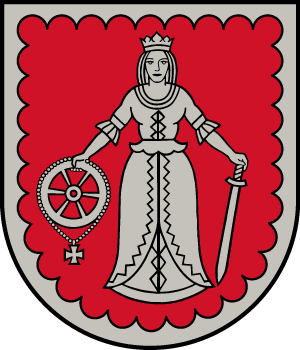
Project implemented: 2021 - 2022
Development of Tukums Region Sustainability Strategy for 2022 - 2042 and Tukums Region Development Program for 2022 - 2028
Project Customer: Tukums region
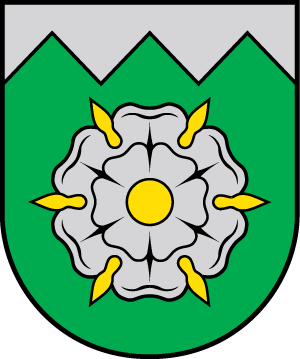
Project implemented: 2021 - 2022
Within the LUCIA project identified experience and solution distirbution potential identification in the Baltic Sea region
Project Customer: Riga Planning Region

Project implemented: 2020 - 2021
Development of support services for vocational education institutions progress and investment strategies development for 2021-2027
Project Customer: National Centre for Education

Project implemented: 2020 - 2021
- development of four video materials in cooperation with the experts delegated by the Ministry of Education and Science (topics: Goals of the educational institutions, vision, and mission; Action plan, conceptual vision for the future; Green activities and investments and Communication strategy);
- 5 four-hour online learning sessions (topics: Educational institution’s goals, development vision and strategic directions; Communication strategy; Financial resources; Human resource management (in the education system) and “Green thinking” and “green” activities);
- 2 face-to-face experience exchange events;
- 25 online consultations on five online learning themes.
Entrepreneurship Education Action Plan Development Project No. PGI 05114 E-COOL
Project Customer: Zemgale Planning Region

Project implemented: 2020 - 2021
Development of Entrepreneurship Education Action Plan in the project of the cross-border cooperation program INTERREG EUROPE 2014-2020 No. PGI 05114 “Entrepreneurial and Intrapreneurial Mindset in Young People through the Dynamisation of Competences, Teaching Methodologies and Entrepreneurial Ecosystem”. Within the framework of the action plan it is necessary to:
- Analyze and summarize the existing information, materials and documents that have been developed in connection with the education sector (including the offer of business competencies and entrepreneurship education) in Zemgale and Latvia, to analyze the situation and prepare a final research report with conclusions and proposals.
- Organize at least two (2) thematic discussions for representatives of the state, local governments, private and non-governmental sectors who work in the development of business competencies and the provision of entrepreneurship education.
- To develop an Action Plan for the sustainable development of Zemgale region business competences and entrepreneurship education offer and a more supportive youth business environment.
Development of Profession Standards in Forest and Wood Processing Sector
Project Customer: Latvian Association of Woodprocessing Entrepreneurs and Exporters

Project implemented: 2020 - 2021
Expert Services for the Project Application to Reduce CO2 Emissions in Municipalities
Project Customer: Riga Planning Region

Project implemented: 2020 - 2021
The project aim is to reduce travel and freight times, while also reducing CO2 emissions in the three corridors of the Central Baltic region defined by the project (North, Central and South), making them attractive for attracting new businesses and developing innovation.
- Northern corridor: Orebro-Turku-St. Petersburg;
- Medium corridor: Orebro - Tallinn - St. Petersburg;
- Southern corridor: Orebro - Riga - St. Petersburg.
The target groups of the project are administrative institutions involved in the development and implementation of regional development and transport policy, including national, regional level institutions and local governments. Decision makers, spatial planners, transport infrastructure planners and management system specialists, as well as freight carriers, companies and residents in the urban environment.
Development of a Book of Theories and Methods of Social Work

Project implemented: 2019 - 2021
Development of Modular Vocational Education Programmes and Development of the Content of Vocational Qualification Examinations
Project Customer: National Centre for Education

Project implemented: 2017 - 2021
Vidzeme Tourism Development Strategy (Action Plan) 2020-2025
Project Customer: Latvian Green Road Association
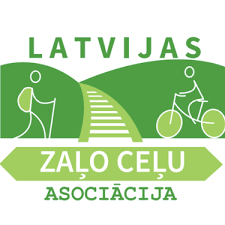
Project implemented: 2020
Measures and Evaluation of the Priority of Financing
Project Customer: Ministry of Environmental Protection and Regional Development
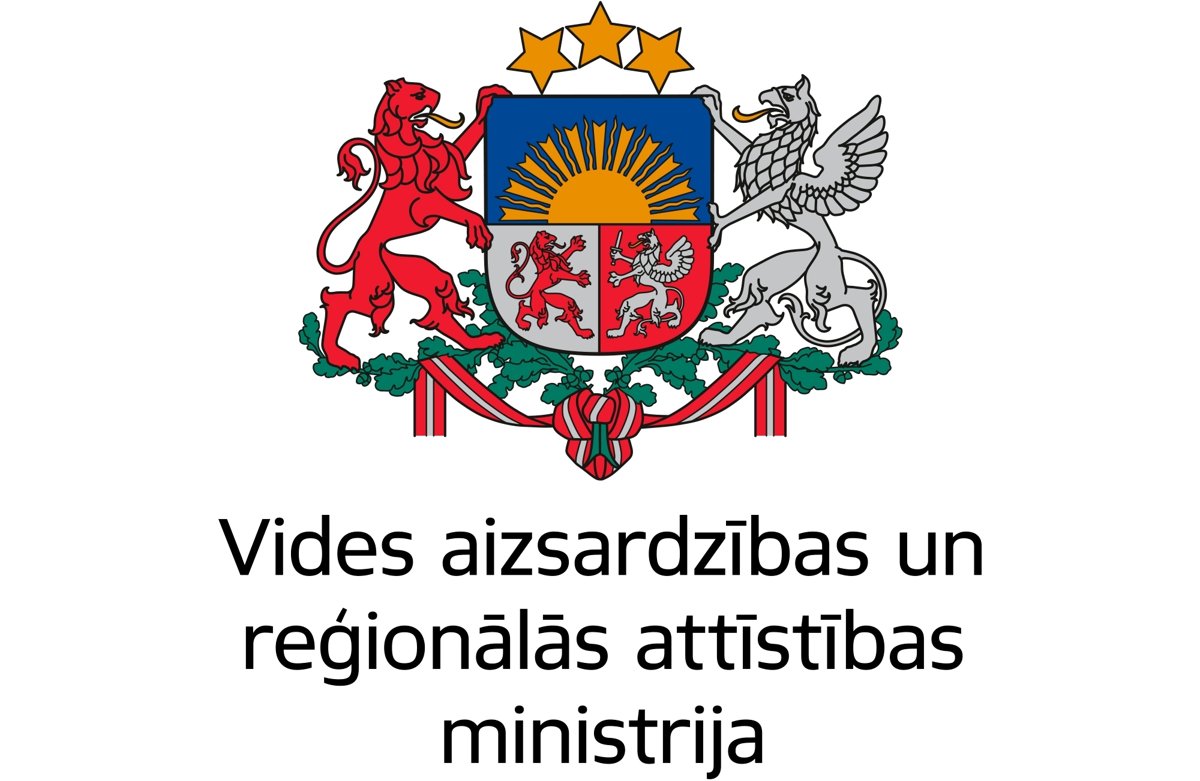
Project implemented: 2020
Economic Analysis of Measures Included in Daugava, Gauja, Lielupe and Venta River Basin's Management Plans for Years 2022-2027
Project Customer: Latvian Environment, Geology and Meteorology Center

Project implemented: 2020
Project no. LLI-302 Safe Borderlands Study with an Action Plan for Improving Co-operation Between Latvian and Lithuanian Border Municipalities in Ensuring the Public Safety
Project Customer: Zemgale Planning Region

Project implemented: 2019 - 2020
Interreg V-A Latvian-Lithuanian cross-border cooperation program 2014-2020, Project No. LLI-302 “Improving the Efficiency and Availability of Local Public Security Services on the Latvian-Lithuanian Borderlands” / ”Safe Borderlands”.
Aim: To create a Study with an Action Plan to improve local government cooperation in Latvian-Lithuanian border municipalities in the Field of Public Security.
Territory: Latvian-Lithuanian border municipalities: Auce, Tērvete, Jelgava, Rundāle, Bauska, Vecumnieki, Viesīte and Aknīste municipalities in Latvia, Akmene, Joniškis, Pakroja, Pasvale, Biržai and Rokiškis municipalities in Lithuania.
Security service providers: Latvian State Police, Latvian State Fire and Rescue Service, Latvian State Border Guard, Latvian State Emergency Medical Service, local government police units, fire services - voluntary fire brigade organizations (Latvia and Lithuania), Lithuanian State Police Department, Lithuania State Fire and Rescue Department, Lithuanian State Border Guard Service, Lithuanian State Emergency Medical Service.
Development of Methodology for Social Work with Families with Children
Project Customer: Ministry of Welfare

Project implemented: 2018 - 2020
The service “Methodology for Social Work with Families with Children”, is funded by the European Social Fund project No. 9.2.1.1./15/I/001 “The Development of Professional Social Work in Local Governments”. The service aims to provide social workers of urban and rural social departments with an appropriate methodology for working with families with children and thereby promote the quality of social work. The project included research in social departments, methodology development and approbation, on-site training for social workers and development of online training materials.
Methodical material is available here: Methodological material
Conducting research on the environment promoting physical activity in educational institutions
Project customer: Ministry of Health
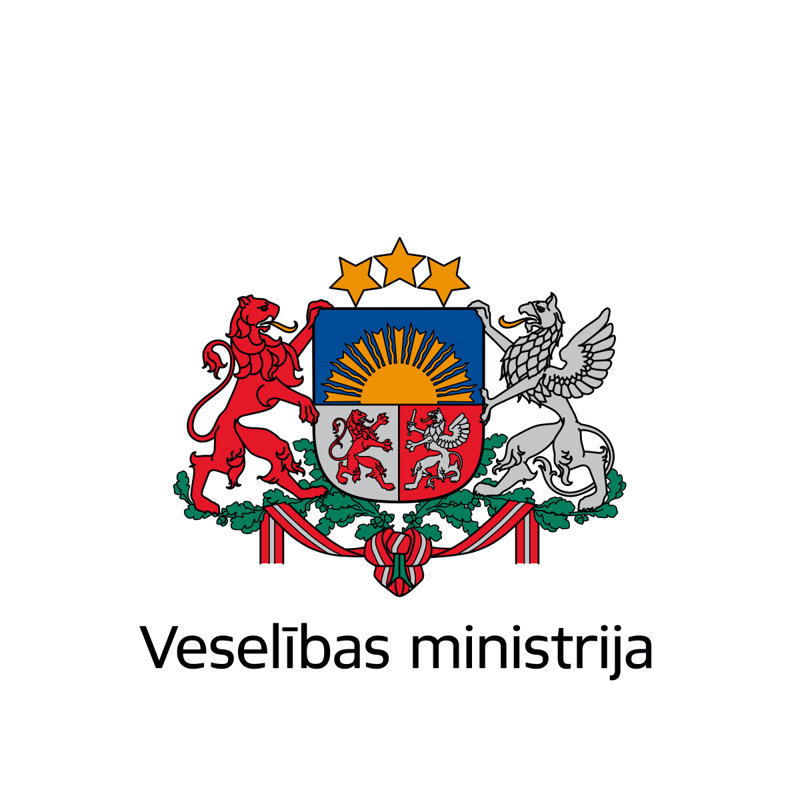 Project implemented: 2018 - 2020
Project implemented: 2018 - 2020
The aim of the study was to find out the factors limiting and promoting physical activity in Latvian educational institutions. In order to obtain qualitative data (including identification of problems) on possible obstacles, the study assessed school infrastructure and planning of sports lessons, carried out an in-depth assessment of sports activities, including the provision of hygiene facilities, as well as an anonymous survey on hygiene habits.
The final study report is available here: Final study report
Guidelines for local planning of marine coastal waters and associated coastal areas
Project Customer: Ministry of Environmental Protection and Regional Development

Project implemented: 2018 - 2019
The service was developed within the project “EASME/EMFF/2016/1.2.1.6 - Maritime Spatial Planning” (“Pan Baltic Scope”) and its aim was to promote integrated maritime and land use planning at the local level by increasing the capacity of municipal specialists and citizen involvement in the planning process.
Possibilities for establishing a system of early labor market restructuring and linking medium-term and long-term labor market forecasts to policy
Project Customer: Ministry of Economics
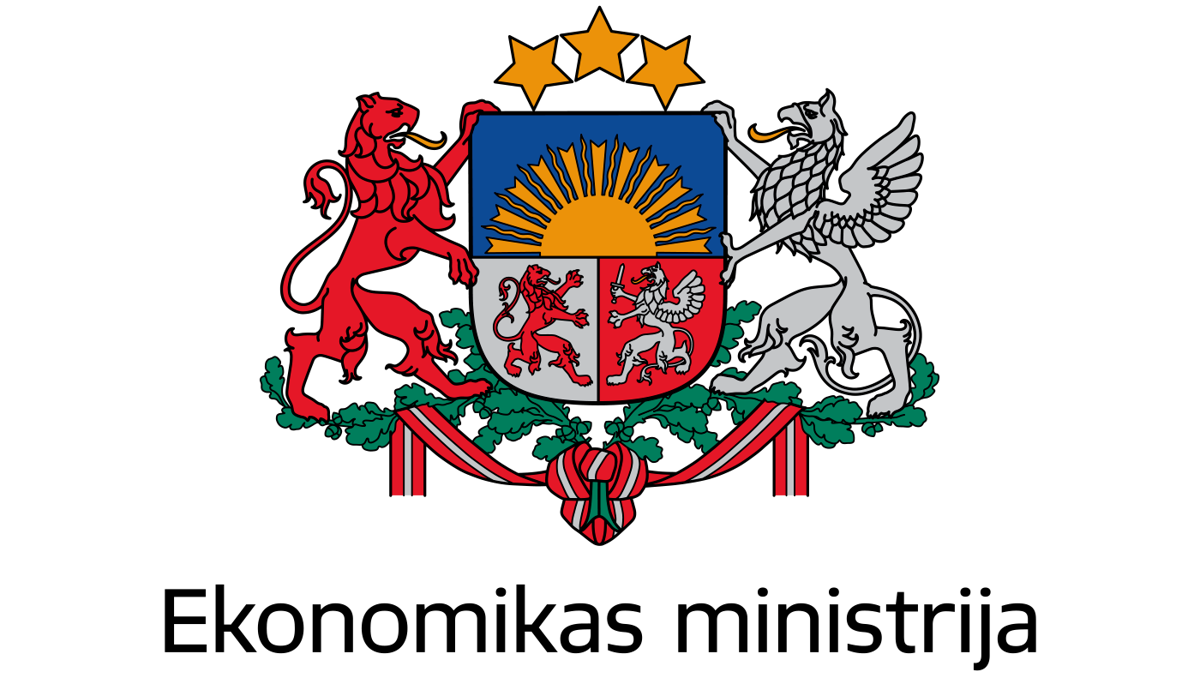
Project implemented: 2016 - 2019
The aim of the project was to study and improve the existing system of anticipating labor market restructuring in order to ensure more timely and coordinated cooperation between state institutions and non-governmental organizations in anticipating labor market changes and implementing necessary restructuring, including expanding the use of medium and long-term labor market forecasts.
The final study report is available here: Final study report
Development and approbation of the methodical material "Practical Guide for Working with Adults in Vocational Education Institutions"
Project customer: National Centre for Education

Project implemented: 2018
The
purpose of the project was
to develop the capacity of vocational education institutions to create a
training offer for adult audiences, as well as to improve the capacity of
vocational education institutions to perform market analysis, to prepare
marketing and sales plans, to ensure promotion of services in the market and
successfully sell educational services. Within the framework of the project, a
working group of representatives of vocational education institutions in
cooperation with business management experts developed a methodological
material that can
serve as a tool for vocational education institutions when developing educational offerings
for adults.
Methodical material is available here: Methodological material
Research Study on the Possibilities of Volunteering and the Implementation of a Mentoring Model for the Enforcement of Criminal Sentences
Project Customer: Prison Administration Board
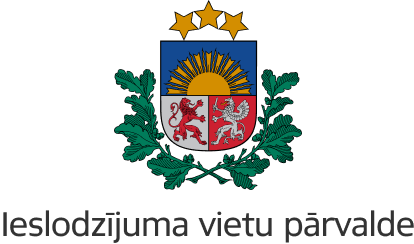
Project implemented: 2018
The Prison Administration Board implemented the project No. 9.1.2.0/16/I/001 "Integration of former prisoners into society and the labour market" aimed at supporting prisoners and former prisoners through offering them specific support measures, as well as through developing and implementing new support methods for the target group, including the development of volunteering and active involvement of the former prisoners’ family members, thereby contributing to the integration of the target group back into society and promoting their participation in the labour market. On the basis of the summarized information on the previous volunteering and mentoring practice in the enforcement of criminal sentences in Latvia, as well as on successfully implemented volunteering and mentoring models abroad and through gaining new ideas, insights and facts, recommendations on the implementation of voluntary work with convicted persons and the implementation of mentoring models in Latvia were elaborated.
The final study report is available here: Final study report
Functional Analysis of Sectoral Qualifications Frameworks According to the European Qualifications Framework Structure
Project Customer: National Centre for Education

During the research ACK carried out a functional analysis according to industry trends of the construction, printing, energy, timber, transport and business sectors, as well as the sectors of design and creative industries. The research resulted in a classified compilation of research materials and findings that determine the industry's required occupations according to industry trends. The results of the research will be further used for educational purposes.
Development of Future Scenarios for the Shipping and Energy Sectors and Identification of Critical Issues in These Sectors in the Context of Maritime Spatial Planning and Cross-border Cooperation and Development of Information Material
Project Customer: Ministry of Environmental Protection and Regional Development

Project implemented: 2017
Within the framework of the service, future scenarios for the shipping and energy sectors were developed, critical issues were defined for the BSR dialogue, proposals for integrating the results into the improved version of the Latvian MSP were worked out, and an informative material was prepared. As a result of active engagement and stakeholder involvement, the capacity of Latvian stakeholders as well as their readiness and openness to involve into transnational Maritime spatial planning discussions was increased, plus their ability to assess the international dimension of Maritime spatial planning was improved. In the result critical issues of shipping and energy sectors are identified for the Baltic Sea Region transboundary discussion planning.
Development of Reorganization Plans for Childcare Facilities in Kurzeme Planning Region
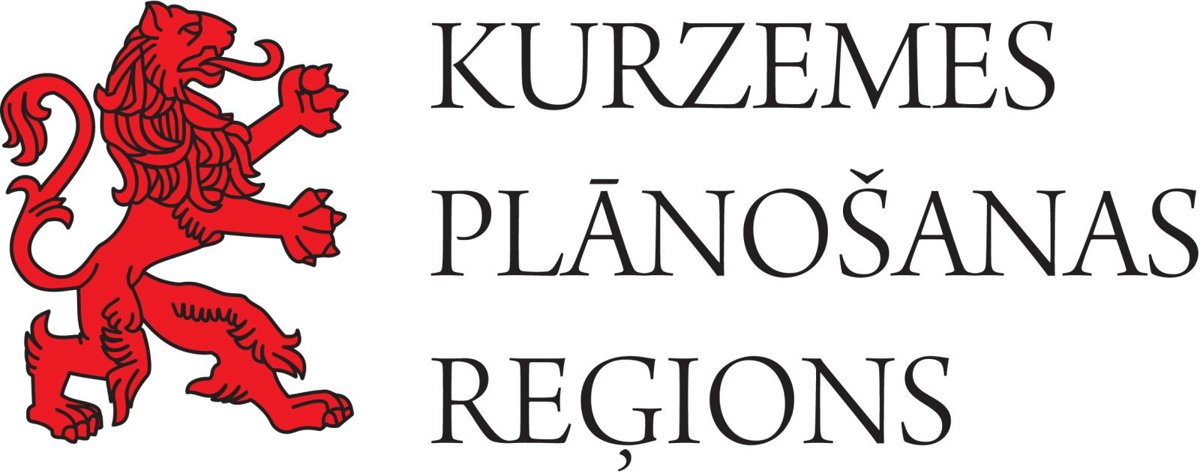
Project
implemented: 2017
The project provided the development of reorganisation plans for five long-term social childcare institutions in the Kurzeme Planning Region. The purpose of the reorganisation was to find situation improvement solutions for orphans and children left without parental care who are currently living and receiving services in institutions through transformation long-term social care services into society based social services, in accordance with international guidelines for alternative childcare.
Feasibility Study for Riga Tram Infrastructure Development Project
Project Customer: Riga City Council Traffic Department
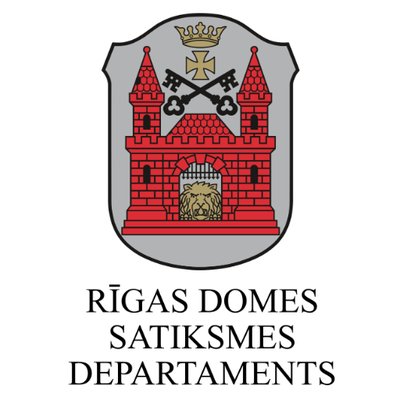
Project implemented: 2016
The overall objective of the project was to promote
sustainable use of public transport in Riga, incorporating
less connected urban areas into the Riga
public transport network. The project is located in the Latvian capital, Riga,
with an area of 307 km2 and a population of 638,784. Riga is not only the largest
city in Latvia but also in the Baltic States. A risk analysis was carried out,
which included a sensitivity and risk analysis. The purpose of sensitivity
analysis is to identify 'critical' variables, i.e. factors
that have the greatest impact on project performance indicators, when changing positively or negatively, as well as
financial analysis and cost-benefit analysis.